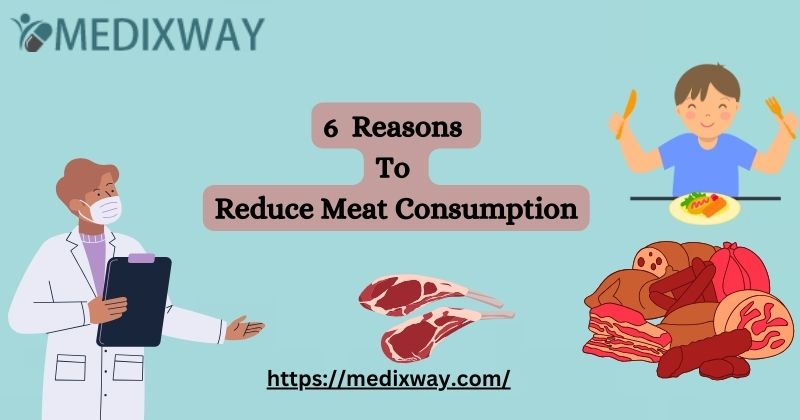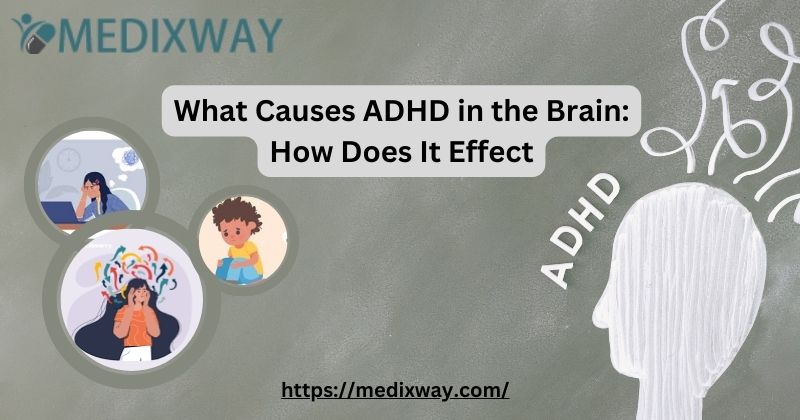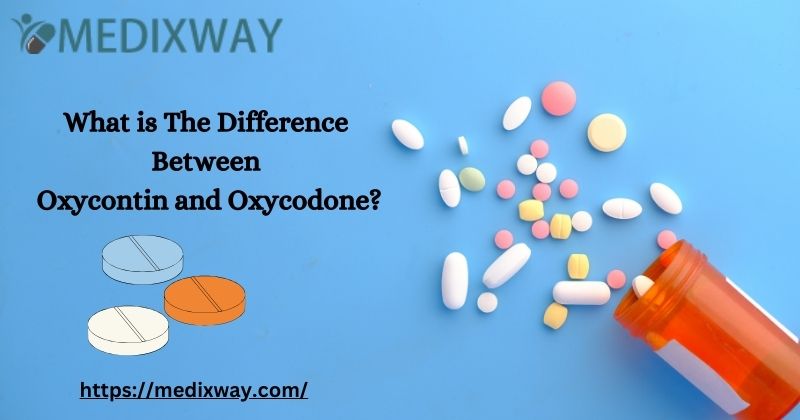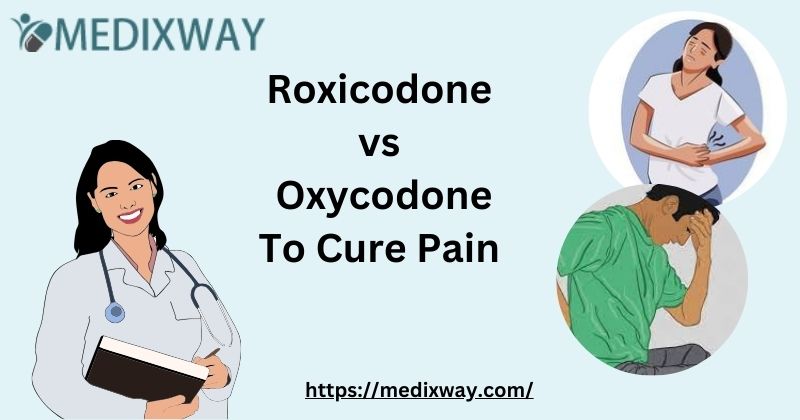Many people consume meat on a daily basis. This is so because it is a good source of nutrients and proteins that our body requires to function. However, you might have noticed numerous sources dedicated to promoting a vegetarian diet, or at least preaching about adding more vegetarian foods to the diet. This blog gives you reasons to reduce meat consumption. and increase the number of fruits and vegetables in your diet:
Are you also considering adding more greens to your diet? If so, then some of the tips mentioned in this blog might be of interest to you, and give you a new perspective.
Why Should We Eat Less Meat: Reasons To Reduce Meat Consumption
Meat Lacks Carbohydrates
Our body requires macronutrients (protein, fat, fiber, water, oxygen, and carbohydrates) to function optimally. Eating meat gives you a good amount of two out of three main macronutrients, and they are protein and fat. So, a diet that is mostly centered around meat products will not provide you with carbohydrates and fiber.
Carbohydrates, like glucose and fructose, are the primary sources of energy for our body. But, a lack of carbs will make you feel tired. Dietary fiber is required to keep the digestive system working properly and regularly and to maintain good gut health. The required amount of carbs can be met by consuming fruits and vegetables. It is one of the important reasons to reduce meat consumption.
Meat Contains High Amounts of Cholesterol and Saturated Fats
Meat products contain high amounts of cholesterol and saturated fats. These can cause complications like heart attacks, strokes, diabetes, etc. Also, the World Health Organization (WHO) has declared that processed meat is a Group 1 human carcinogen. A carcinogen is anything that can cause or lead to cancer.
There are two types of cholesterol: (i) Good cholesterol or High-density Lipoprotein (HDL), and (ii) Bad Cholesterol or Low-density Lipoprotein (LDL).
Consuming too much meat can raise bad cholesterol in your blood. LDL can build up in your arteries, this accumulated LDL is called plaque. Plaque hinders the blood flow, which leads to heart-related disorders.
Environmental Factors
Awareness has been spreading regarding the impact of the meat industry on our environment. To meet the required amount of meat, livestock are fed large amounts of food and water. This produces large amounts of waste products and methane gas.
People claim that the production of waste and methane is unavoidable, as a cow present in the wild would also produce the same amount of byproducts. However, this is not the case as livestock are bred through unnatural means to meet the meat demand, which leads to greater amounts of carbon emissions.
To meet the ever-increasing demand for non-vegetarian food, more stables are required. Hence, businesses are cutting down forests to free up space for them. Therefore, the meat industry is also contributing to deforestation.
Also, cows are injected with hormones, so they can give birth to calves multiple times. Therefore, when we consume such meat, we might also be consuming such hormones.
Vegetarian Food is Good for Gut Health:
Vegetables, fruits, and other plant-based foods are high in dietary fiber. The good bacteria present in the microbiome of your gut feed on these fibers. The term ‘Microbiome’ refers to the collection of microorganisms like bacteria, viruses, and fungi present in an environment.
Your gut has a microbiome too, called gut microbiome’, and it affects you in more ways than you may think.
A healthy gut microbiome is important for many reasons, for instance, it produces short-chain fatty acids, which are the main source of nutrition for colon cells, helps control the immune system, it also affects the central nervous system (CNS), etc.
As mentioned earlier, meat-based food is high in fat. This leads to obesity and overweight in people of all ages. If you are trying to get into better shape, cutting down meat can prove to be helpful.
Medical History Plays a Role in the Diet:
Individuals who are suffering from conditions like heart disease, diabetes, high cholesterol (LDL), high blood pressure, etc. are advised against taking a diet with too much meat in it. This is so because too much meat is known to raise cholesterol levels and blood pressure, and meat is harder to digest.
Careful selection of the type of meat to consume or omittance of non-vegetarian foods from the diet completely is recommended for such people.
You Can Have The Best of Both Worlds:
Removing meat entirely from your diet is not necessary. You can enjoy the benefits that both vegetarian and non-vegetarian diets have to offer.
Protein is essential for the growth and development of our muscles. However, meeting the daily recommended protein intake can be difficult by just consuming plant-based foods. You can add protein-rich options in your diet like chicken breast, eggs, beef, etc. to meet the requirement of 0.36 grams per pound.
If you want to stop consuming meat completely, you can opt to use supplements of protein, like protein powder, etc.
Similarly, meat-based diets are low in carbohydrates, so relying entirely on them will make you feel low on energy. Adding plant-based foods to your diet can be a good way of overcoming this hurdle. Lentils, brown rice, potatoes, etc are all good sources of carbohydrates.
Conclusion:
The decision to incorporate changes into your diet or not is entirely yours to make. Lifestyle changes should be made after thorough consideration. However, most researches signal overall improved health and reduced risk of heart conditions in individuals who decrease their meat consumption. So, it is important to know the reasons to reduce meat consumption for better health.
If you want to add more greens to your diet for ethical, environmental, or health-related reasons, the above-mentioned points can also be considered.
Read more suggested blogs…
How To Reduce Pain After Workout: Quick Relief Tips













